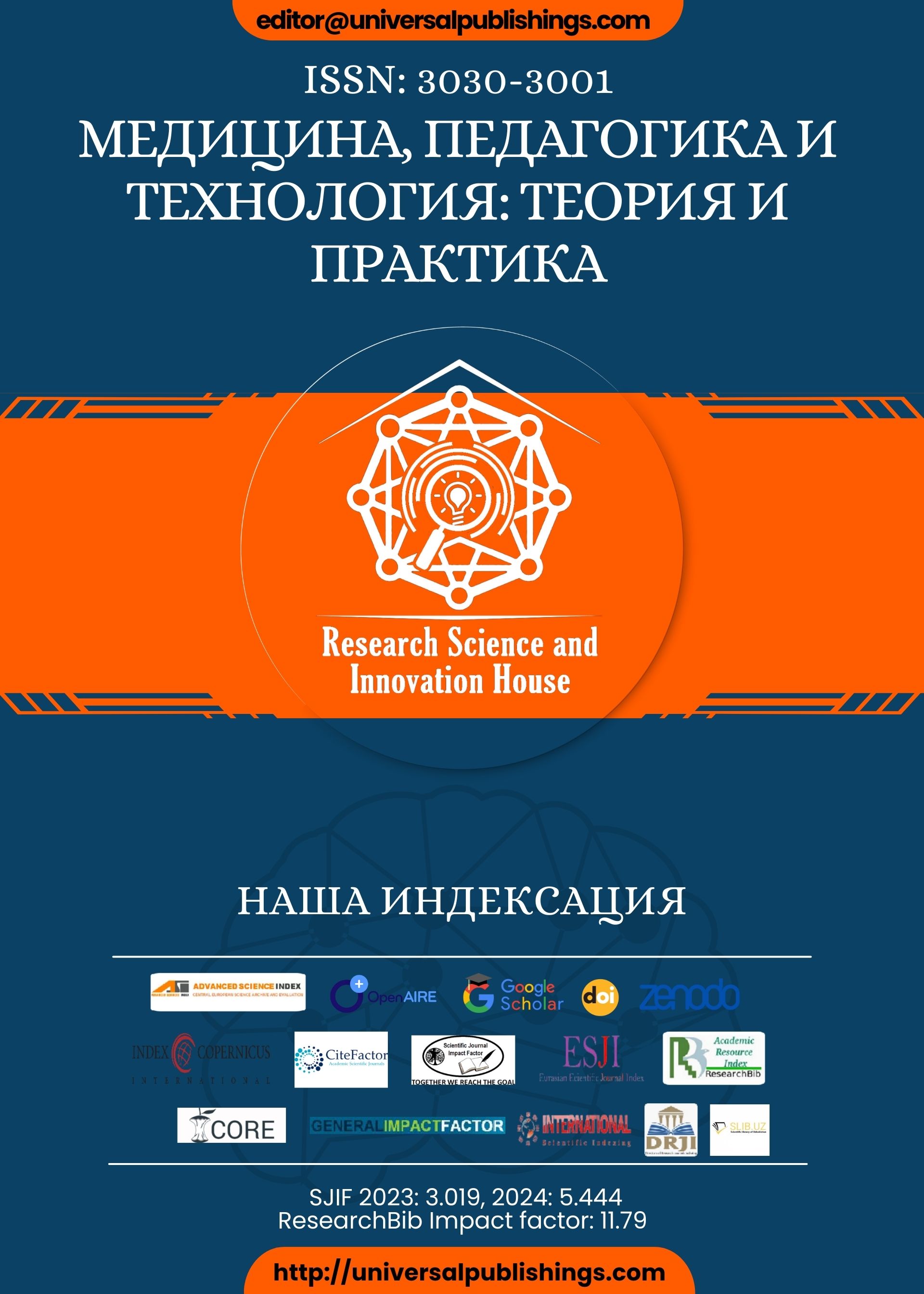Abstract
Minimum wage policies are a common tool used by governments to address income inequality and reduce poverty. This paper evaluates the effectiveness of minimum wage increases in achieving these goals. By examining empirical data from various countries and states, it assesses the short-term and long-term impacts on poverty rates, employment, and overall economic health.Key findings suggest that while minimum wage increases can provide immediate financial relief to low-income workers, their long-term efficacy in reducing poverty is mixed. Positive outcomes include increased earnings for low-wage workers and a potential reduction in reliance on social welfare programs. However, these benefits are sometimes offset by potential negative effects such as reduced employment opportunities, increased cost of living, and inflationary pressures.
References
Neumark, D., & Wascher, W. L. (2008). Minimum Wages. MIT Press.
Dube, A., Lester, T. W., & Reich, M. (2010).
Cengiz, D., Dube, A., Lindner, A., & Zipperer, B. (2019).

